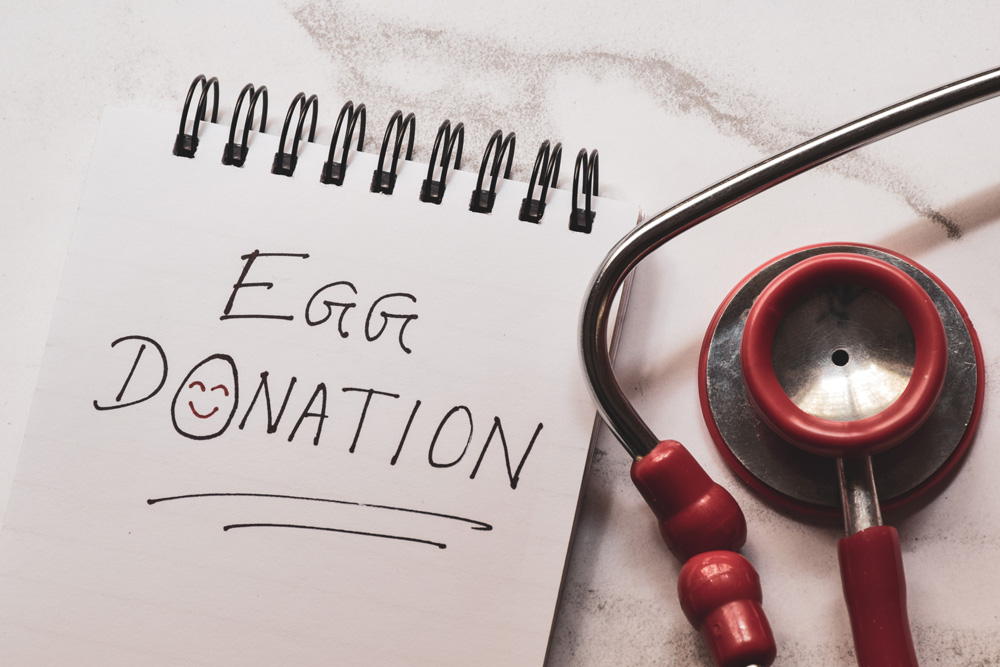In our previous blog on “Fertility Hormones and Medications”, we touched upon the crucial step involving an injection administered a few days before your egg retrieval. This “trigger shot” is essential for preparing your ovaries to release the eggs, setting the stage for the upcoming procedure.
The dedicated team at your IVF clinic will provide precise instructions regarding your arrival time on the retrieval day. Plan to spend approximately three hours at the clinic. While the retrieval itself is brief, lasting only 10 to 20 minutes, the additional time accounts for necessary formalities such as paperwork and consultations with your doctor and anesthesiologist.
During the procedure, you’ll be positioned comfortably on your back, with support for your legs. A mild anesthesia will ensure you’re relaxed and pain-free as the eggs are gently aspirated. This involves a specialized needle, guided by an ultrasound, passed through the vaginal wall to access and retrieve the eggs, minimizing any risk of scarring.
Post-retrieval, you’ll rest in a recovery area as the anesthesia diminishes. It’s advisable to arrange for someone to accompany you home or back to your accommodation, where relaxing the rest of the day is strongly recommended. The effects of the medication may leave you feeling drowsy.
Mild cramping and occasional spotting are not uncommon following egg retrieval. These symptoms are typically mild and should ease relatively quickly. However, should you encounter any discomfort or symptoms that cause concern, do not hesitate to contact your clinic and/or Signature coordinator for advice.
Most donors find they can resume light activities by the following day. However, it’s crucial to avoid strenuous exercises or heavy lifting until your physician confirms it’s safe to do so.
Embarking on the path of egg donation is a profound and generous act. We’re here to support you every step of the way, ensuring you’re informed, comfortable, and cared for throughout this journey.





